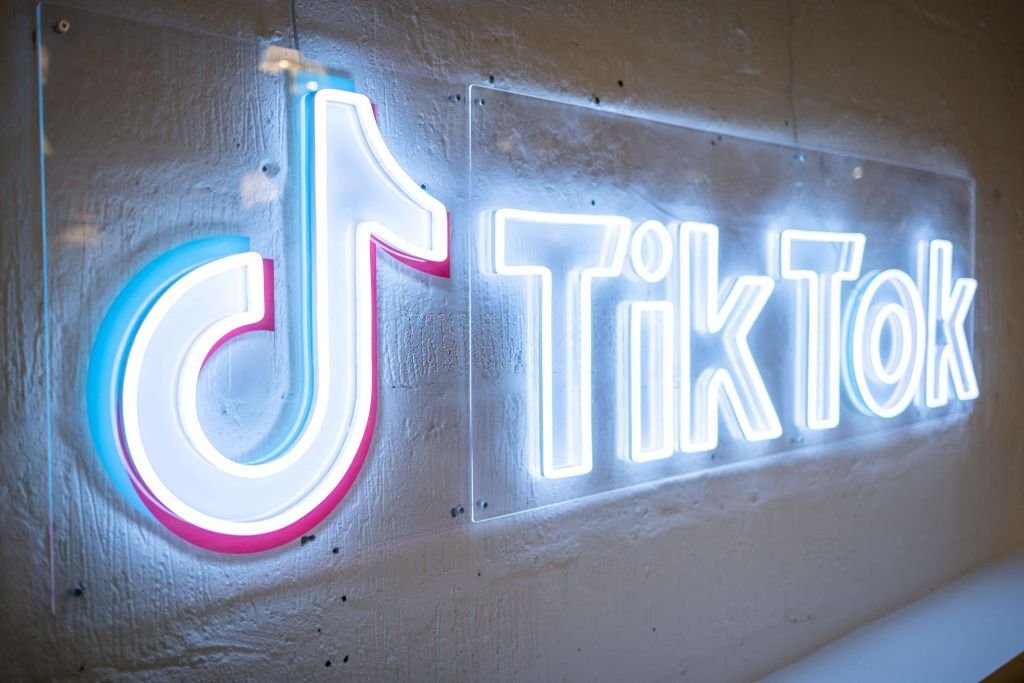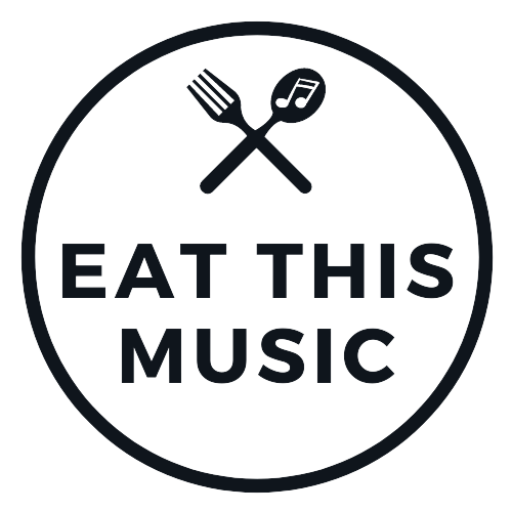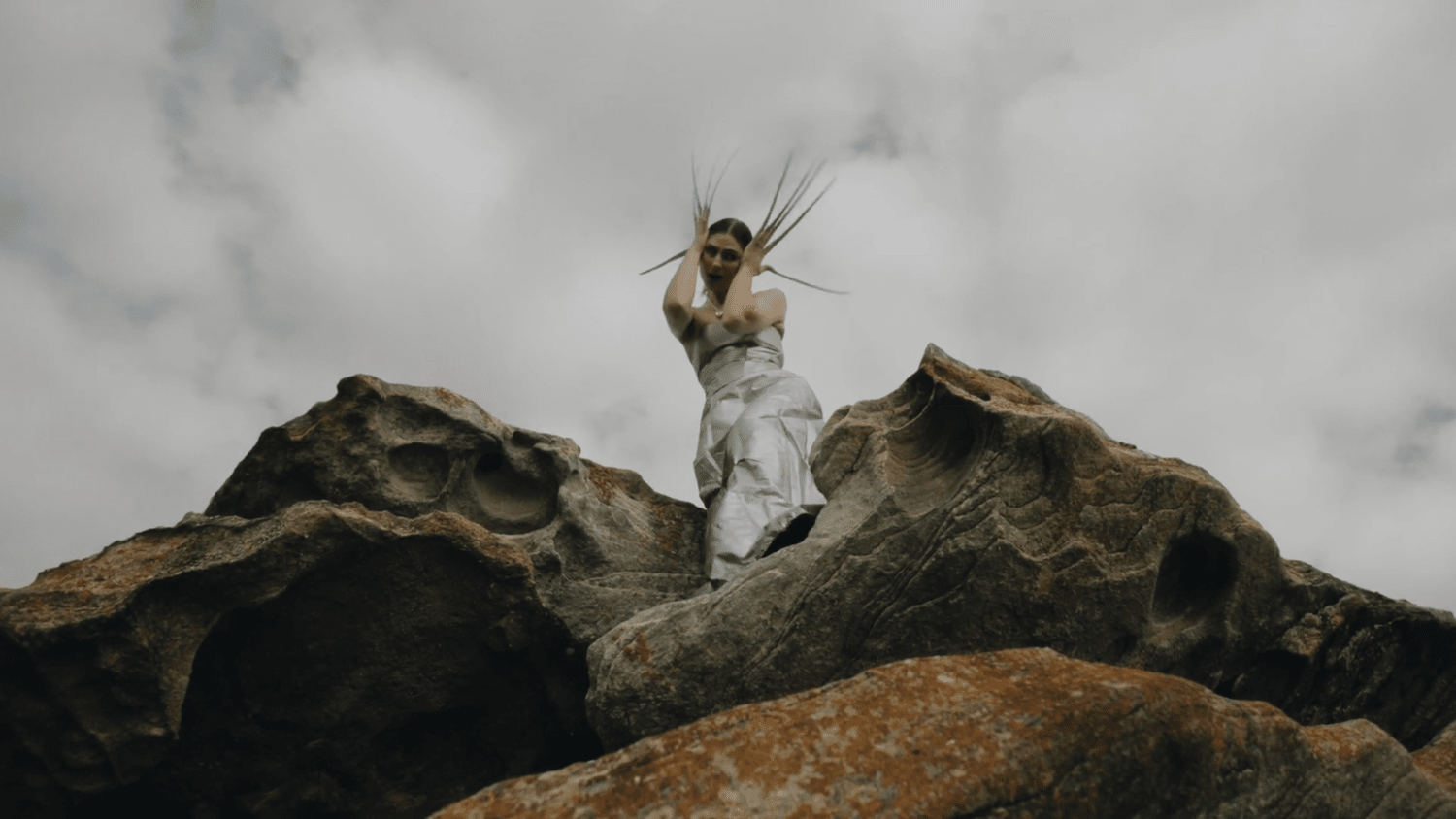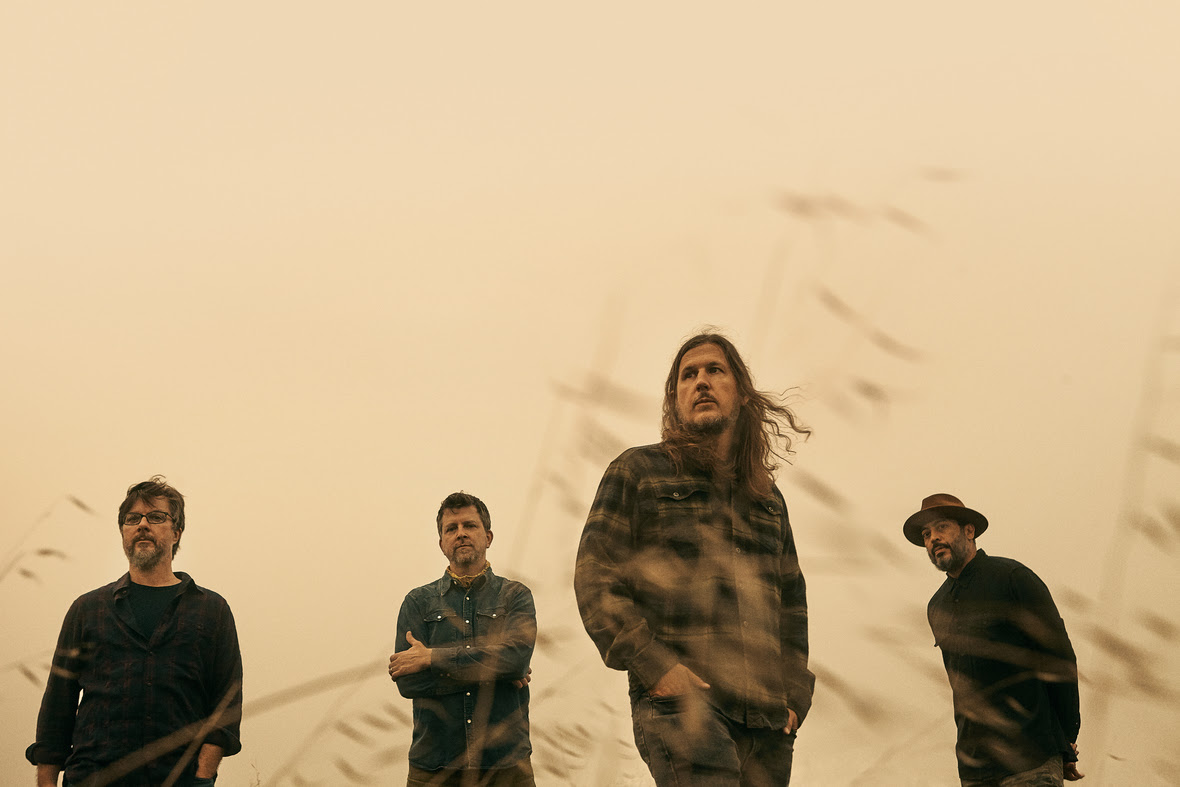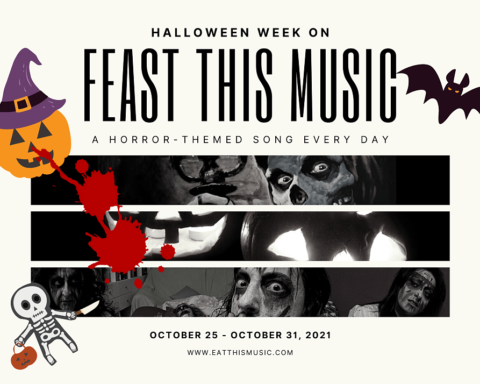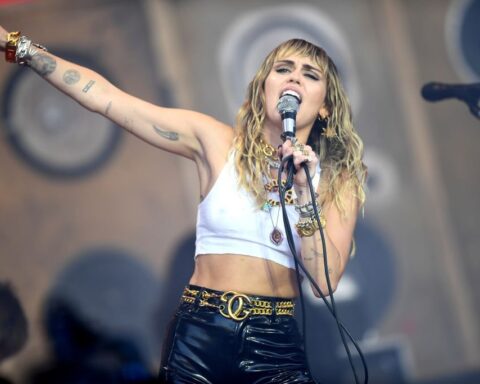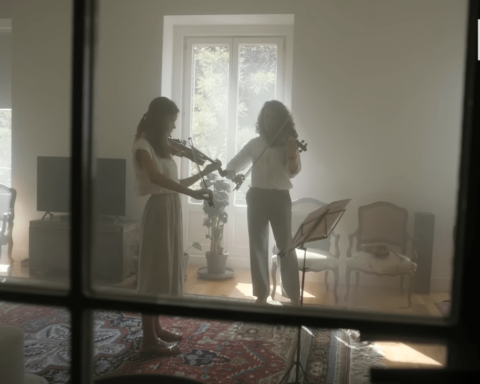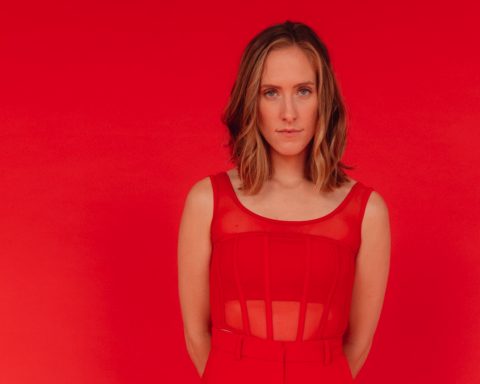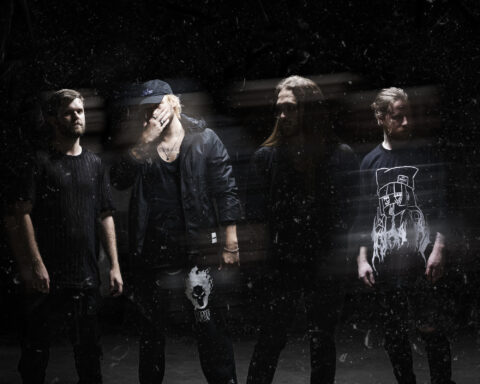TikTok is a social media platform that has rapidly grown in popularity over the past few years, with over 1 billion active users worldwide [1], it is not hard to see why there has been a lot of concern in regard to using the platform in a personal and professional capacity across industries, where one of the most significant impacts has been on the music industry, with songs going viral on TikTok and making their way up the music charts.
TikTok has emerged as a central platform for music discovery worldwide, with songs often going viral after being featured in videos created by users. A study by MusicWatch found that 25% of TikTok users discover new songs through the app, making it a powerful tool for music promotion [2]. This phenomenon has led to several pieces achieving unprecedented success, including Lil Nas X’s “Old Town Road,” which spent a record-breaking 19 weeks at #1 on the Billboard Hot 100 chart in 2019 [3].
The benefits of TikTok as a tool for emerging artists to gain exposure and build a fanbase are significant [4]. In many cases, viral TikTok success can lead to long-term success in the music industry. For example, the success of “Old Town Road” propelled Lil Nas X to stardom, and he has since released several successful songs and collaborated with high-profile artists. Additionally, TikTok has proven to be a powerful tool for independent artists to get their music in front of new audiences. Artist Tate McRae, for example, gained a following on TikTok before signing a record deal and releasing a successful EP in 2020 [5].
However, the influence of TikTok on the music industry is not entirely positive. One potential downside is the homogenisation of musical tastes [6], as the platform’s algorithmic recommendations tend to promote similar-sounding songs and styles [7]. This could limit the diversity of music that becomes popular on the app and in turn, in the wider music industry. Additionally, some artists have criticised the lack of control they have over their music’s usage on TikTok [8], with some songs becoming associated with specific dance challenges or memes that could detract from the artist’s original intent.
For artists, going viral on TikTok can have both positive and negative effects. While viral success can lead to increased exposure and potential for success [9], it can also be overwhelming and difficult to manage. Some artists have reported feeling pressured to capitalise on their viral moment quickly, leading to rushed releases or burnout [10]. Additionally, TikTok’s influence on music promotion has led some artists to prioritise the platform over traditional promotional methods, potentially limiting their exposure to audiences outside of the app.
For TikTok
TikTok has provided an opportunity for artists to create viral marketing campaigns, as songs that are popular on the platform often become viral and attract millions of views. For instance, I have to go back to Lil Nas X’s ‘Old Town Road’ example, which went viral on TikTok, leading to its success on the Billboard Hot 100 charts. Similarly, artists like Megan Thee Stallion, and Dua Lipa have utilised TikTok to promote their music and reach a wider audience. TikTok has also allowed musicians to promote their music in a more creative way, with many artists creating short videos that showcase their creativity and personality. TikTok has enabled musicians to engage with fans on a more personal level, allowing them to create a deeper connection with their audience.
TikTok has provided an opportunity for emerging artists to gain visibility and reach a wider audience. The app’s algorithm often promotes content from unknown artists, leading to their exposure and growth in popularity. For instance, the song ‘Say So‘ by Doja Cat was relatively unknown before it went viral on TikTok, leading to its success on the Billboard Hot 100 charts. Similarly, the song ‘Roses‘ by SAINt JHN gained popularity after it was featured in a viral TikTok dance challenge. TikTok has also provided a unique platform for artists to showcase their creativity and gain recognition for their work. The platform’s short-form video format allows emerging artists to create engaging content that is easily shareable and has the potential to go viral [11].
TikTok has enhanced the engagement of music fans by providing a platform for users to interact with their favourite artists and discover new music. The platform’s algorithm recommends content based on user preferences, leading to the discovery of new artists and music genres. TikTok has also provided a platform for music fans to create engaging content and showcase their creativity. Many users create videos that feature music tracks, leading to the promotion of music and the creation of viral trends. TikTok has enabled music fans to engage with their favourite artists on a more personal level, leading to a deeper connection between the artists and their audience.
Against TikTok
One of the main criticisms of TikTok’s impact on the music industry is its impact on artist compensation. Despite the platform’s success in promoting music, many artists have expressed concerns about the app’s compensation model [12]. The platform’s algorithm recommends content based on user preferences, leading to the promotion of popular music tracks. However, artists receive minimal compensation for their music being featured on the app. This compensation model has led to concerns about the fair compensation of artists and the sustainability of the music industry.
Artist and Label Response to Questions from Eat This Music
What are actual artists saying about using TikTok in an ever-growing market? Well, Eat This Music reached out, to the best of my ability, to a couple of artists as I noticed they had used TikTok a lot over time to promote their music and provide entertainment to their fans, so I reached out to each respective artists through official methods (websites, management, etc) and while I won’t name and shame those that didn’t reply, out of respect, only two out of the six got back in time for publication, replied at all, and wanted to partake in the questions.
Furthermore, for this feature article, it should be noted that I also reached out to Australian record labels to ask questions in regard to their use of the platform, however, all of them sadly didn’t reply either, not even to give a receipt to acknowledge they got the email or correspondence.
In saying that though, Capo Corleone and Sophia Dashing were the only two to take the time out of their lives to reply – which I appreciate a lot and will be forever grateful for it – so I wanted to share the responses from them both about their experience using TikTok as artists:
Capo Corleone / @bigcapeezy
1) Why do you use TikTok?
A lion’s share of music consumers is on TikTok. Of those users, around two-thirds that discover an artist on the platform, will go and stream the artist. That conversion rate completely annihilates any other social platform out there. As an artist, I can’t deny this outlet because it provides the best way to connect to a new audience. Also, it is one of the most monitored platforms by A&Rs and record labels alike.
2) How has TikTok helped you reach a new audience?
TikTok is still relatively new to me. I was sceptical at first, but the more I dug into the statistics, I had to lean in. More and more, I am discovering new listeners coming directly from TikTok so the uptick is recent but eye-opening.
3) Why is it important for you to engage with an audience on TikTok?
With anything as an artist, engaging with your audience is key to establishing super fans and a core fan base. TikTok isn’t any different. Providing value and showing gratitude to your audience is essential for any brand and/or artist because that’s exactly what an artist is; a brand.
4) What is your current stance regarding the use of TikTok professionally or personally?
Professionally, it provides utility in almost any vertical. In anything you want to become an authority on, you need to use all tools at your fingertips. If you aren’t, you are missing out.
5) Do you have any concerns regarding the security risks associated with TikTok, as reported in the media, and how are you approaching the issue?
Of course, the security risks especially on a national security level are worrisome, but it’s hard not to wonder if platforms like Meta and Twitter have anything to do with the recent claims. Billion-dollar companies have a tendency to make things harder for competitors, especially when they are taking large parts of their market share.
6) What measures are you taking to ensure your own safety and well-being when using TikTok?
Using logic is always a great way to avoid any risk, but as far as exactly what I am doing to safeguard myself, I’d rather keep that to myself.
Watch on TikTok
Sophia Dashing / @sophiadashing
1) Why do you use TikTok?
I use TikTok to promote my music as an independent artist.
2) How has TikTok helped you reach a new audience?
it’s helped me build a new Fanbase from the videos. I make lip-synching my songs, and several people have discovered me from TikTok.
3) Why is it important for you to engage with an audience on TikTok?
it’s important to engage with your audience as an artist on any social media, in my opinion. It adds to the connectivity standpoint. There are people from all around the world that consist of artist followers so it’s important to connect and communicate with them online.
4) What is your current stance regarding the use of TikTok professionally or personally?
I enjoy using TikTok, and I think that it’s a good platform for artists that are up-and-coming and independent.
5) Do you have any concerns regarding the security risks associated with TikTok, as reported in the media, and how are approaching the issue with TikTok?
as of right now, I don’t have any concerns. But I sure hope that the safety will up in the millions of users joining daily.
References
[1] — Statista: Number of TikTok users worldwide from 2020 to 2025
[2] — TikTok: New studies quantify TikTok’s growing impact on culture and music
[3] — Billboard: Winner’s Circle: Lil Nas X’s ‘Old Town Road’ Breaks Record With 17th Week Atop Billboard Hot 100
[4] — Mashable: Meet the indie musicians who are making a living on TikTok
[5] — Hypebae: BAEwatch: Tate McRae
[6] — Economic Enquiry: Does digization lead to the homogenization of cultural content?
[7] — New York Times: How TikTok Reads Your Mind
[8] — Newsweek: Halsey Joins Chorus of Celebs Complaining About Record Label TikTok Demands
[9] — CNBC: TikTok is upending the music industry and Spotify may be next
[10] — Wall Street Journal: Making TikTok Videos Leaves Musicians Feeling Burnout
[11] — Forbes: The Rise Of Short-Form Video: TikTok Is Changing The Game
[12] — Haulix: How TikTok Royalties Are Calculated
